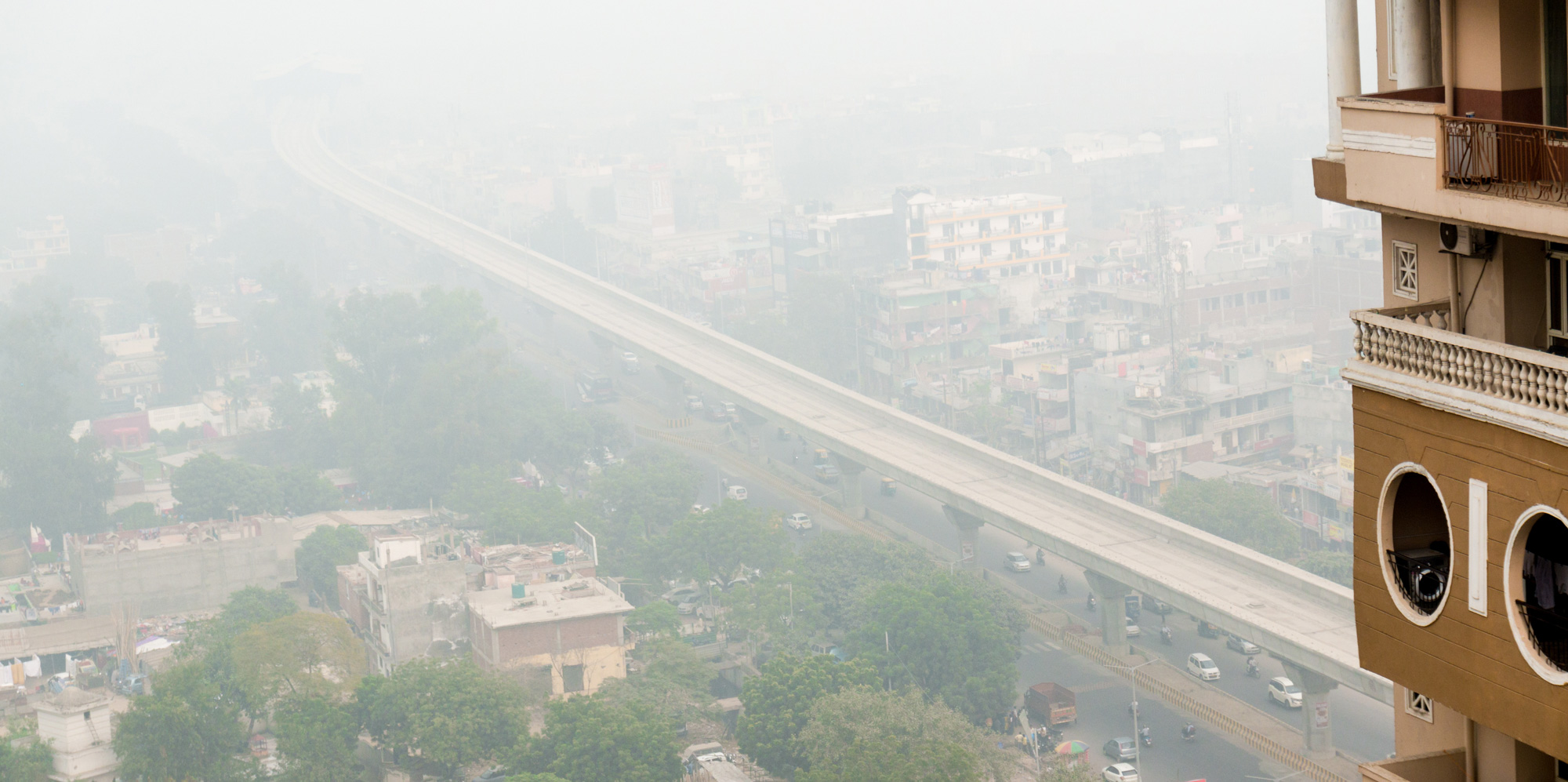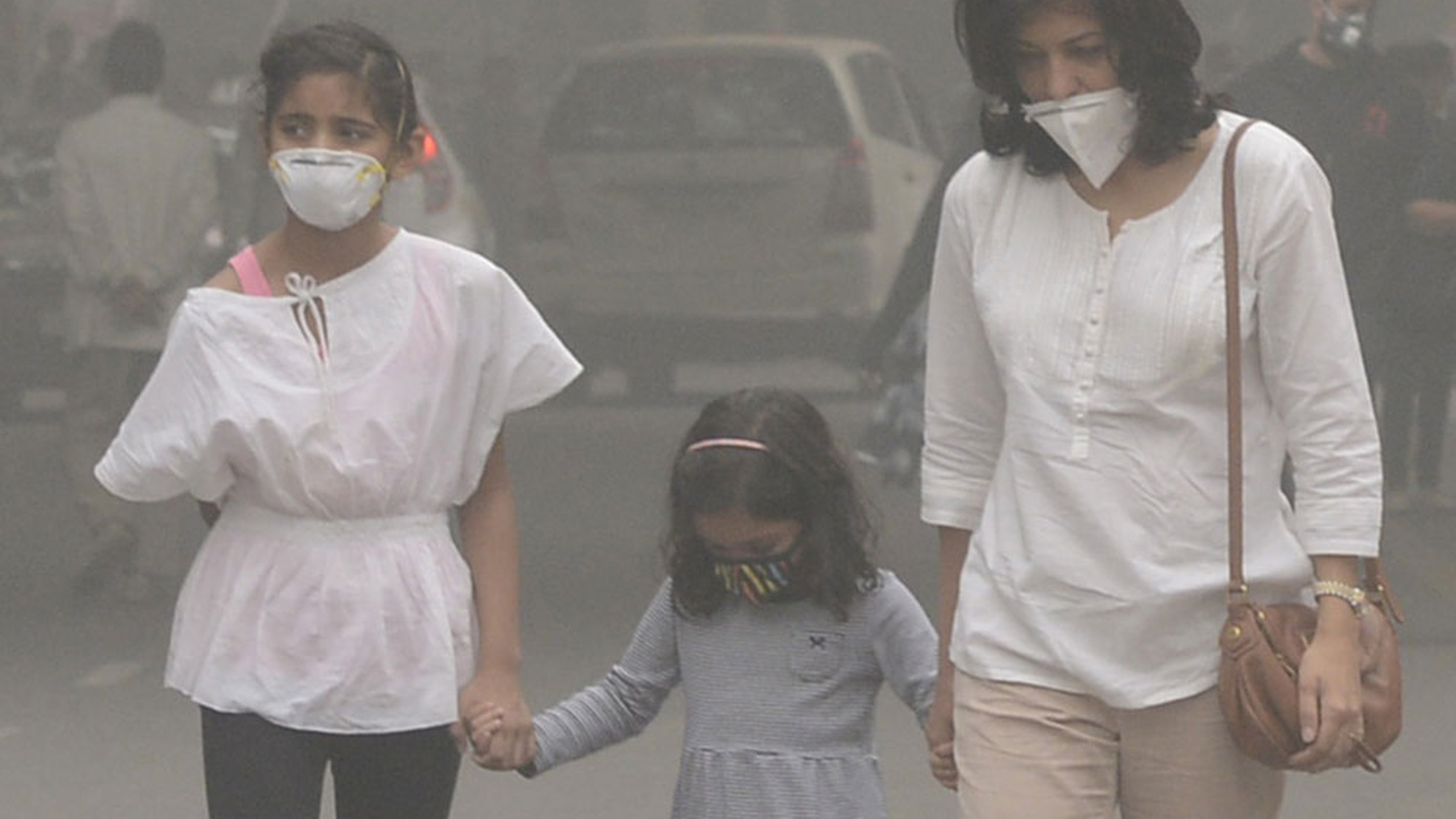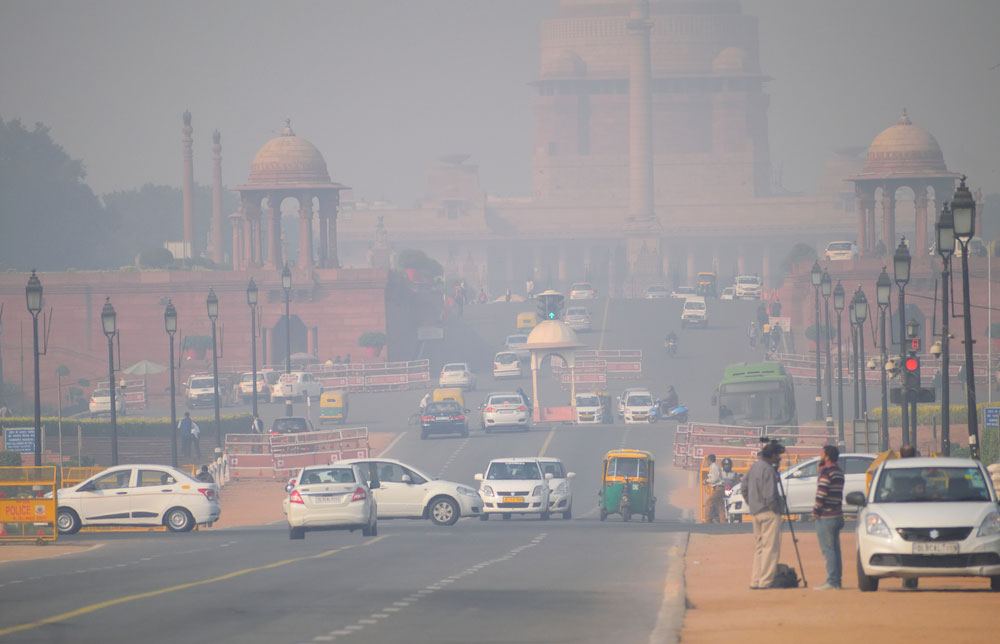It is difficult to spot danger through a haze of poisonous smoke. However, a recent report brought out by the online aggregator of real-time air quality information, IQAir AirVisual, and the non-governmental organization, Greenpeace, has made the truth impossible to ignore. Its data shows that seven of the 10 most polluted cities in the world are in India, with Gurgaon topping the list. The only non-Indian city in the top five cities enjoying such a dubious distinction is Faisalabad in Pakistan. These figures are appalling — especially given the growing global clamour around climate change — for they point overwhelmingly to the apathy of the Indian State and its institutions towards the health of citizens. However, there is a larger context that must be considered here as well, one that takes into account the reasons behind the asymmetry in global responses to pollution, which directly affects global warming. The United States of America, for example, has made significant strides in curbing air pollution within its borders through improvements in policies and regulations. For weaker economies such as India, though, it must be recognized that robust interventions are often not possible on account of a lack of resources, primarily funds. One of the biggest roadblocks in international negotiations on climate change involves the transfer of money earmarked under the Green Climate Fund for assisting developing countries in fighting climate change. The absence of such crucial monetary help has manifested itself in the hazardous situation in the subcontinent — especially in India and Pakistan — at present.
Undertaking corrective measures at this point, however, can give rise to unexpected opportunities for improving bilateral ties. Given the tense relationship between the two neighbouring countries in the wake of a terror attack followed by air strikes, an effective way to normalize political and social equations could involve identifying common areas of solidarity, such as the environment. The causes of air pollution in the big cities in both nations — Lahore also features in the top 10 — are similar. As such creating joint action committees to formulate corrective policies could help foster trust and a sense of community. Confidence-building measures are an important part of diplomacy in the subcontinent. Thus, a common goal towards improving air quality and environmental conditions on both sides of the border could act as a legitimate CBM. It might even open up avenues for discussions on combating the other threat to the lives of citizens — terrorism.













